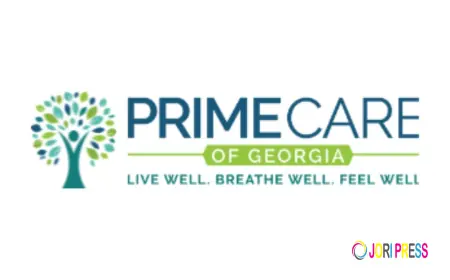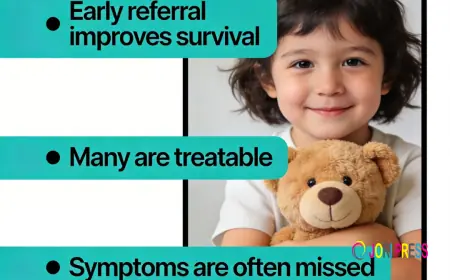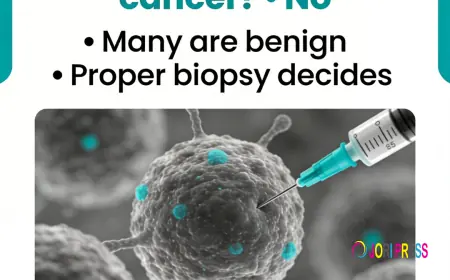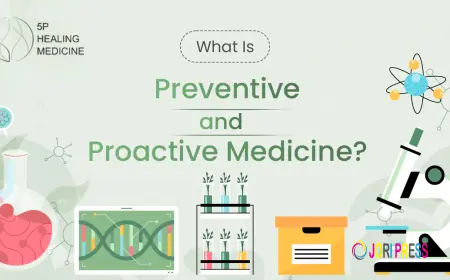Dental Hygienist Guide to Fighting Plaque Buildup
Improve your dental health with expert care at Enfield Royal Clinic. Visit the top dental hygienist in Dubai for a healthier, brighter smile today!
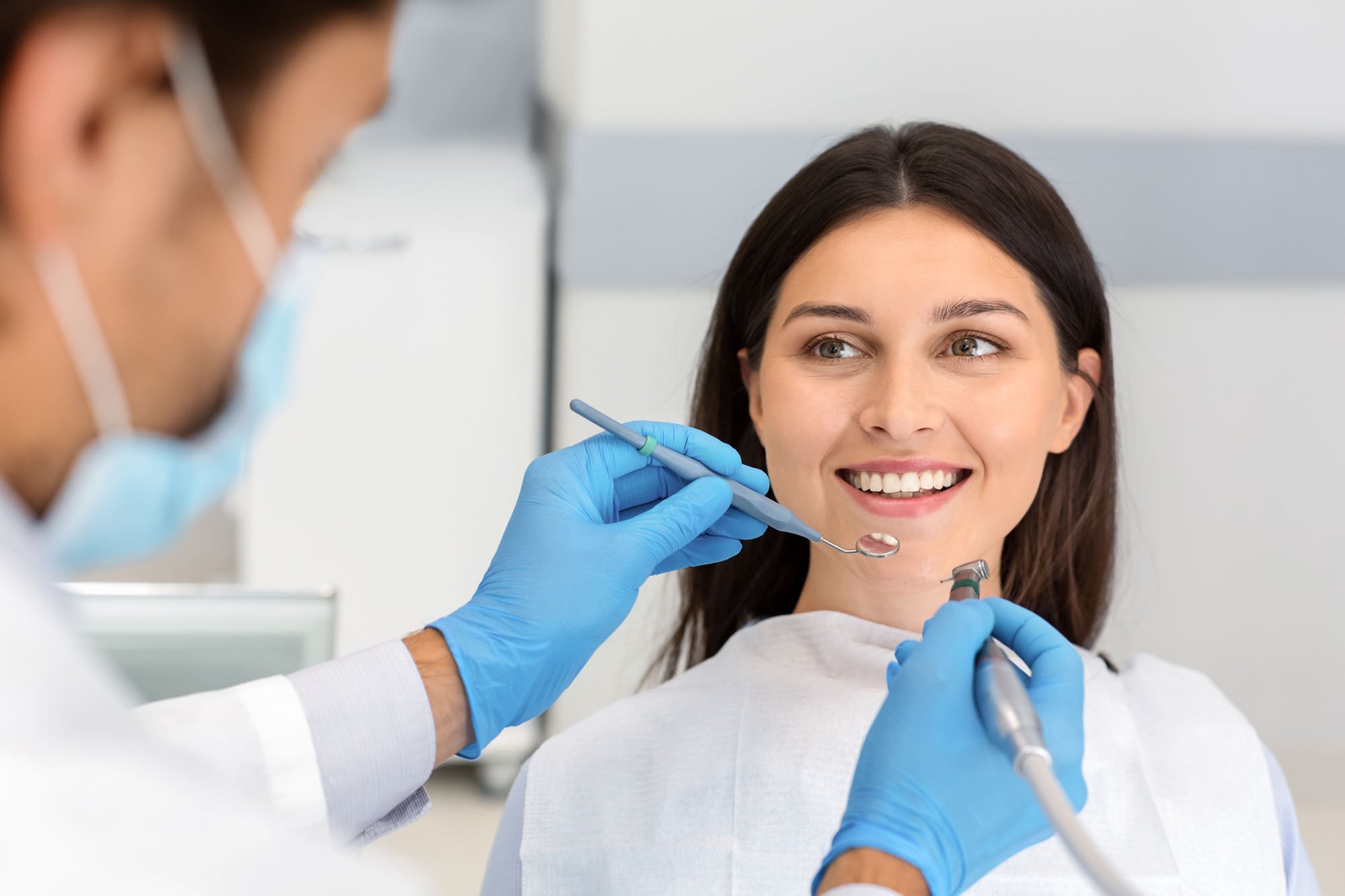
Plaque is a soft, sticky film that naturally forms on the teeth and gums. It contains millions of bacteria that feed on sugars from the food we eat. When not properly removed through daily hygiene, plaque can harden into tartar, leading to more serious oral health problems. For a Dental Hygienist Dubai, helping individuals understand and control plaque is a fundamental part of promoting long-term oral wellness.
How Plaque Affects Oral Health
Plaque buildup isn't just about aesthetics or bad breath. It can lead to a host of problems if ignored. When left undisturbed, bacteria in plaque produce acids that can erode enamel and irritate the gums. Over time, this may contribute to cavities and inflammation of the gum tissues, which can eventually result in gum disease.
The Role of Dental Hygienists in Plaque Prevention
Dental hygienists are key educators and caretakers in maintaining oral hygiene. Their role involves more than just cleaning teeth. They guide individuals on how to properly care for their mouths between appointments, especially when it comes to removing and preventing plaque.
Through hands-on cleaning and personalized oral hygiene advice, hygienists help create routines that individuals can follow consistently. They also monitor areas that are more prone to plaque accumulation, such as along the gumline and between teeth.
Daily Habits That Keep Plaque at Bay
Plaque control begins with consistent and effective daily habits. Hygienists often recommend practices that are simple yet powerful in maintaining a plaque-free smile.
Brushing Techniques That Matter
Brushing teeth thoroughly twice a day plays a crucial role in plaque control. Dental hygienists suggest using gentle circular motions, especially near the gumline, to lift plaque without harming the gums. Each session should last at least two minutes to ensure all surfaces of the teeth are covered.
Don't Skip Flossing
Flossing helps clean the spaces between teeth where a toothbrush can’t reach. Hygienists emphasize the importance of flossing once a day to dislodge plaque and food particles from tight spots, reducing the risk of buildup and decay.
Rinsing Smartly
Rinsing the mouth after meals or brushing can help remove loose debris and reduce bacterial presence. Dental hygienists may recommend simple rinsing habits that don’t require specialized products but still support oral cleanliness.
Professional Cleanings: Why They Matter
Regular dental cleanings are essential for removing plaque and tartar that daily routines might miss. During a cleaning, a dental hygienist carefully scrapes away hardened deposits and polishes the teeth, leaving the mouth refreshed and plaque-free.
Cleanings also offer a chance to assess areas of concern, spot early signs of gum irritation, and adjust hygiene routines based on the individual’s needs. The hands-on care and guidance received during these sessions are invaluable in preventing long-term plaque-related issues.
Trouble Spots: Where Plaque Likes to Hide
Some areas in the mouth are more prone to plaque accumulation. Understanding these common trouble spots can help individuals target their cleaning efforts more effectively.
-
Back molars: These teeth have deep grooves and are harder to reach.
-
Gumline: Plaque tends to collect where the teeth meet the gums.
-
Between teeth: Without flossing, plaque can hide in these narrow spaces.
-
Around dental appliances: Retainers and aligners can trap plaque if not cleaned properly.
Dental hygienists often highlight these areas during cleanings and teach strategies to better care for them.
Nutrition’s Role in Plaque Control
While brushing and flossing are vital, what’s eaten also impacts plaque formation. Sugary and starchy foods can fuel plaque-causing bacteria. Dental hygienists encourage balanced eating habits that include plenty of water and crunchy fruits or vegetables, which naturally help cleanse the teeth during chewing.
Limiting snacking between meals and rinsing the mouth with water afterward are small steps that can reduce plaque risk over time.
Children and Plaque: Building Good Habits Early
Teaching children how to care for their teeth helps set the foundation for lifelong oral health. Dental hygienists play a special role in educating young individuals and their caregivers about proper brushing and flossing.
Using fun techniques, visuals, and encouragement, hygienists help children become comfortable with oral hygiene and make it a daily habit. The goal is to prevent plaque buildup before it becomes a problem and to instill healthy routines from a young age.
Common Myths About Plaque and Hygiene
Plaque Only Affects People Who Eat Sugar
While sugar does feed bacteria, plaque can form even with a sugar-free diet. It's the carbohydrates that break down into sugars that also contribute. Daily cleaning is essential, regardless of diet.
Mouth Rinses Alone Are Enough
Rinsing may reduce some bacteria, but it doesn’t physically remove plaque. Brushing and flossing are still necessary to maintain oral cleanliness.
You Can Feel When You Have Plaque
Plaque is often invisible and doesn’t always cause discomfort. Regular cleanings are important even if everything feels fine.
FAQs
How often should someone visit a dental hygienist?
Regular visits, typically every few months, are ideal to maintain clean teeth and catch plaque before it hardens. Dental hygienists will tailor frequency based on individual oral health needs.
Is plaque removal painful?
With gentle techniques and modern tools, cleanings are usually comfortable. Hygienists ensure that the process is as pleasant and smooth as possible.
Can plaque return quickly after cleaning?
Plaque begins forming within hours of brushing, which is why daily care is so important. Consistency at home helps keep it under control between professional visits.
Are electric toothbrushes better for plaque removal?
Electric brushes can be effective due to their consistent motion and built-in timers. However, proper technique matters more than the tool itself. Hygienists can guide individuals on brushing correctly with any type of brush.
Empowering Oral Wellness Through Education
Dental Hygienist in Dubai are more than just caregivers—they’re educators, motivators, and advocates for healthy smiles. By sharing knowledge about plaque prevention and encouraging good habits, they empower individuals to take control of their oral health.
Daily routines, smart nutrition, and regular cleanings create a strong defense against plaque. With guidance from a dental hygienist, everyone has the tools to protect their teeth and enjoy a brighter, healthier smile for years to come.
What's Your Reaction?
 Like
0
Like
0
 Dislike
0
Dislike
0
 Love
0
Love
0
 Funny
0
Funny
0
 Angry
0
Angry
0
 Sad
0
Sad
0
 Wow
0
Wow
0





























